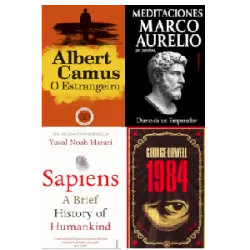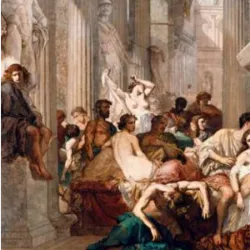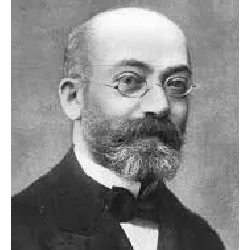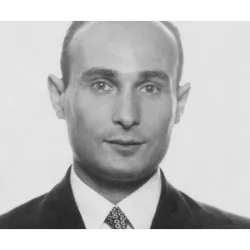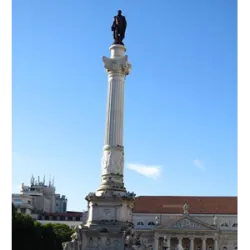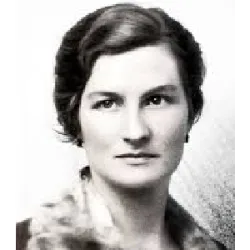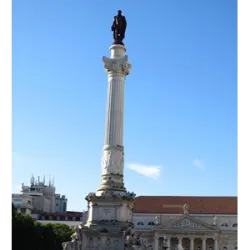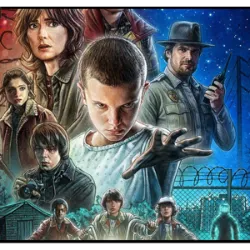Modernity and Contemporary Classics
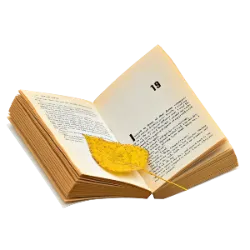
The 20th century brought innovative and reflective literature, marked by questions about society, the individual and the future of humanity. Franz Kafka created existentialist and distressing narratives, such as The Trial and The Metamorphosis, which explore alienation and oppressive bureaucracy. Pessimism about the future of civilization was also prominent in Aldous Huxley's Brave New World and Ray Bradbury's Fahrenheit 451, which warned of the dangers of social control and censorship.
In the United States, J.D. Salinger captured youthful rebellion in The Catcher in the Rye, while Jack Kerouac, with On the Road, gave voice to the Beat generation. In Latin America, Gabriel García Márquez marked magical realism with One Hundred Years of Solitude and Love in the Time of Cholera. Albert Camus, with The Stranger and The Plague, brought existentialist reflections on the absurdity of life.
Literature also explored social and psychological themes in To Kill a Mockingbird by Harper Lee and Lolita by Vladimir Nabokov. The dystopian and allegorical genre shone with A Clockwork Orange by Anthony Burgess and Lord of the Flies by William Golding. Fantasy gained space with The Lord of the Rings by J.R.R. Tolkien and The Chronicles of Narnia by C.S. Lewis. The 20th century left a legacy of works that continue to challenge and inspire readers around the world.
Did you know?
